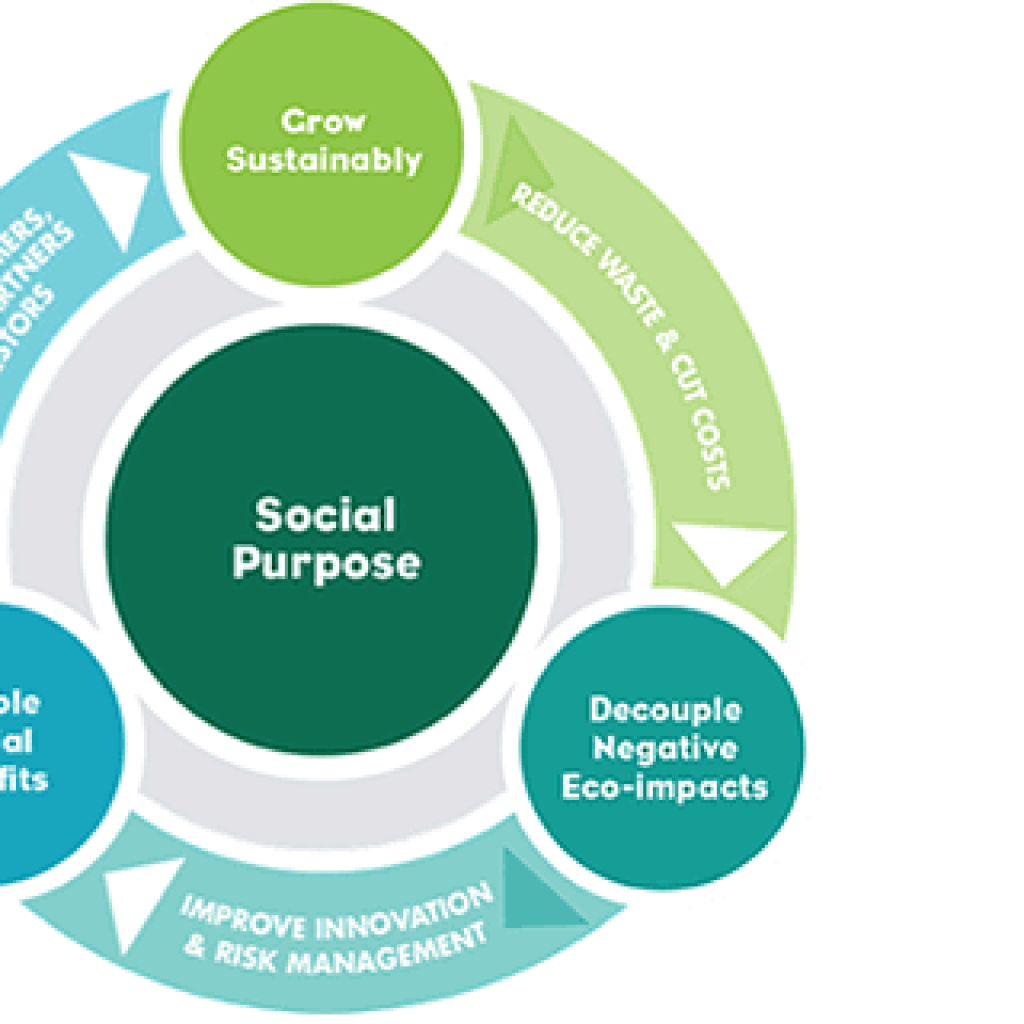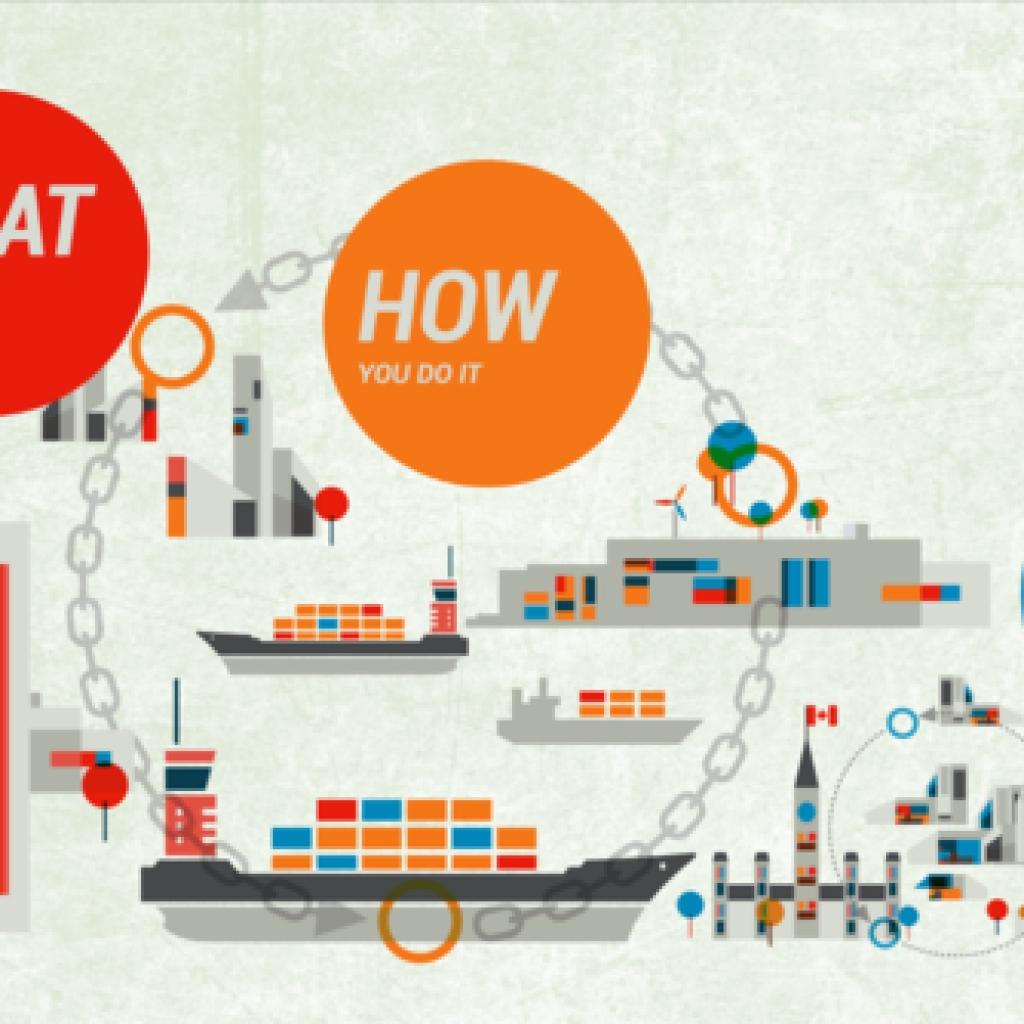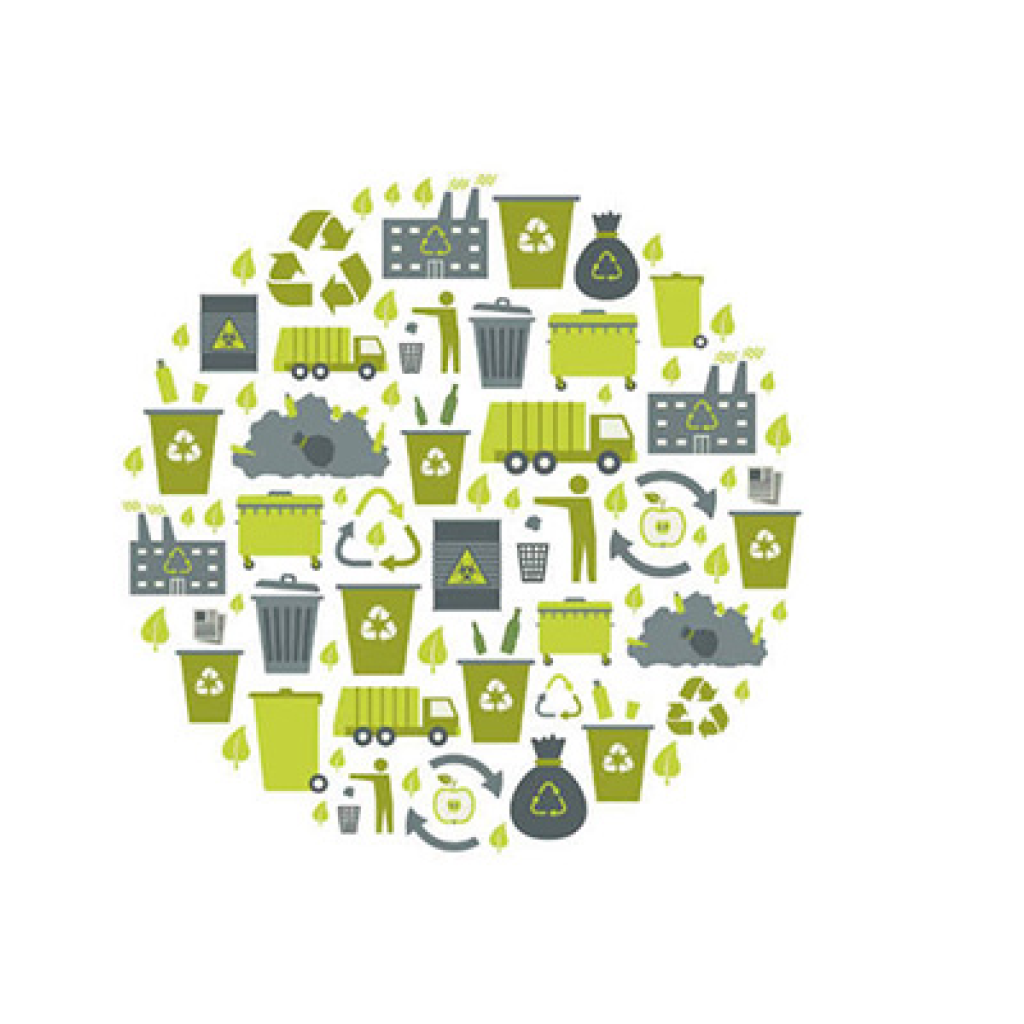Vancity – a Force For Good

Vancity, Canada’s largest community credit union, has achieved the title of Canada’s Best Corporate Citizen for the second year in a row.
Accelerating Sustainability Visions for the Future

If you haven’t updated your sustainability or corporate social responsibility approach in the last few years, you are putting your company at risk.
Progressing Past the CSR Plateau

Corporate social responsibility is stuck. When it emerged on the scene 20 years ago, businesses and other stakeholders had high expectations for what a focus on CSR could deliver. But the reality is that neither business nor society are on track to enable nine billion people to live well within the boundaries of the planet by 2050 – let alone 2030.
Embracing profit and purpose as the new way to do business

Employees want more from their employer than a paycheque. They crave a sense of pride and fulfillment and want to work for a company whose values match their own.
The Circular Economy in Action: HP leading the way

Getting started going circular. Where can we turn for inspiration? HP is certainly one innovation leader to watch.
A Way Forward to Creating Social Impact

Now, more than ever, we need business leadership on the social issues of our time.
Circular Economy Toolkit is guide for future-proofing businesses

Dell makes its computer cases out of plastic recovered from its computers. Caterpillar remanufactures oil coolers, engine blocks and other parts, recovering 93% of their core value. TerraCycle teams up with major manufacturers to invent ways of reusing difficult-to-recycle plastics—then shares their stories.
Social Purpose at the Core of Business Success

Mention the term “corporate social responsibility” and you might hear this: “It’s dead. CSR has stalled. CSR has not fulfilled its potential. It has failed us.” Why? Because even at its best, CSR is only a partial solution with incremental changes that are not putting society and business on a strong footing to enable nine billion people to live well on the planet by 2050.
Ikea, Interface and business as a force for good

With the ink barely dry on the world’s first universal climate agreement adopted in Paris in December, many wonder what business will do to advance a stronger, cleaner global economy.
The Bold Approach Of Transformational Companies

At age 27, I was the youngest director elected to Vancity Credit Union, the largest community-based credit union in the world. It was the late 1980s. I ran a seniors’ agency, was chair of a provincial social planning group and had been a recent board member of the local United Way. In two and a half words, I was a “social do-gooder.”
How the circular economy could end take-make-waste businesses

Under the mainstream radar, businesses are innovating a new industrial paradigm: the closed loop (PDF) company.
Sustainable Value Chains: A Critical Innovation Strategy for Your Business

With the prospect of 9 billion people co-existing on our planet by 2050, progressive businesses recognize the need to reduce their impacts, maintain access to scarce resources, meet changing customer expectations and protect their brands. Companies that fail to do so will ultimately lose their social license to operate, disappoint customer and stakeholder expectations and miss out on an opportunity to gain competitive advantage.